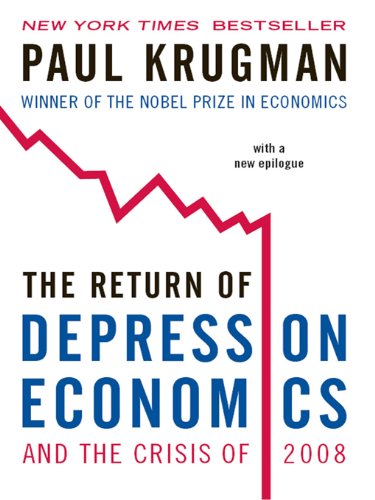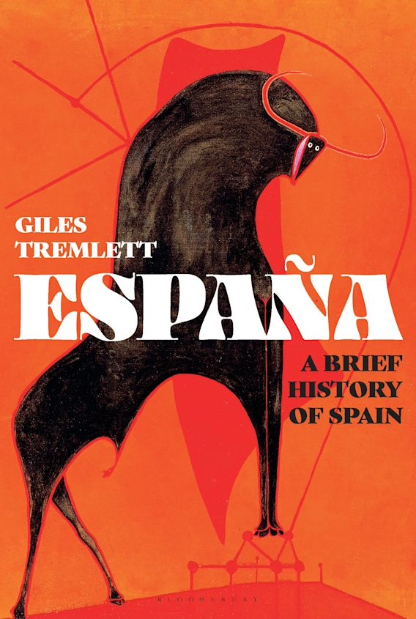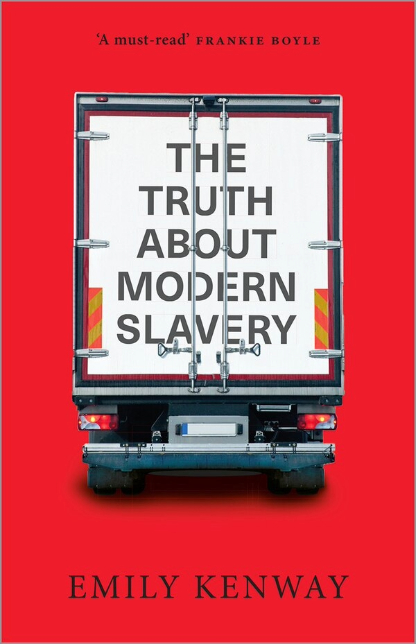Brazillionaires: Wealth, Power, Decadence, and Hope in an American Country, Alex Cuadros, 2016, Spiegel & Grau, pp. 346, ISBN 978-0-8129,9676-0
Luiz Inácio “Lula” da Silva thrice ran for the presidency of Brazil before finally being elected in 2002. He started his political career by involving himself with the metalworker’s union and helped to lead major strikes against the military dictatorship in the ‘70s and ‘80s. Lula also helped found the Workers’ Party, which brought together the working class under the banner of socialism. When he was sworn in, he vowed to take Brazil on a new path, and so he did.
Under Lula’s presidency from 2003 to 2011, 30 to 40 million people were lifted out of poverty through his signature Bolsa Familia program, which provided payments to the poorest of Brazil and sought to increase their human capital by insisting on education for children. This period also coincided with Brazil’s extraordinary growth, which brought income that was then reinvested into the country. Approximately 50% of the population belonged to a consumerist middle class by the end of Lula’s presidency. However, of 150 people who are worth at least a billion reais, none are black, which is indicative of racialized inequality that remains in place.
Benefitting from the period of growth were Brazil’s richest, as well. Journalist Alex Cuadros, who relocated to Brazil in 2010 and worked for Bloomberg’s Sao Paolo office covering the market, before being given the task of covering the top 0.0001% of the wealthiest Brazilians for Bloomberg’s global wealth list. He was to cover their lives and their wealth and what that meant in modern Brazil. However, as he indicates, this story went beyond the mere superficiality of glitter and glitz, and in Brazillionaires, he also shows “how wealth is accumulated in the modern world.” Cuadros proceeds by profiling wealthy men and through the stories of their wealth accumulation, exposes a network of corruption, influence peddling and greed.
In Brazil, wealth comes from politics, government contracts and religion. The majority of the book centers on Eike Batista, a flamboyant man who was once 8th wealthiest person in the world, with ambitions to become the first, even going so far as to dismiss Bill Gates for not having built anything from scratch, as he did. At the height of his ‘success,’ he was worth $30 billion, having prided himself in coming up with “idiot-proof” ideas, which, even if mistaken, could bring in copious amounts of money. His lifestyle was typical of how we would expect the rich to behave. He was married to a former Playmate Luma de Oliveira, who was also a carnival queen; his sons drove million-dollar McLarens; his cars were on display in his living room; his passion for speedboat racing was evident in multi-million dollar one-off racing engines on display. Private jets, properties in Florida, helicopters that whisk away executives in order to avoid the congested traffic, all appear in the book, as well.
By 2010, Eike’s group EBX, with interests in mining, ports, power plants, oil and oil platforms, was taken public, with OGX, an oil company, assuming the centrepiece. OGX was supposed to be a private version of Petrobras, and Eike pitched to investors that he was sitting on five billion barrels of oil, which allowed him to raise $4 billion from them. Except that, of course, this wasn’t true. His takeovers of companies and promises of maximum employment, as well as other infrastructure investments, gained him government favor. It fit nicely with Lula’s developmentalist program, which sought to “usher Brazil into the 20th century” with infrastructure development. Eike spoke the language of politics and aligned himself to Lula, donating half a million to his re-election campaign. In turn, BNDES, the state development bank, dispensed $5 billion to Eike in a bid to create ‘national champions.’ Eike repaid the favor by donating another half a million to fund a Lula biopic, and an extra $250 thousand to purchase the suit Lula wore on his inauguration. When private investors doubted Eike’s projects, the government backed him up, with both Lula and Roussef trying to get foreign governments to back OGX. However, OGX’s wells were running dry. For as long as Brazil was rolling in dough, it could afford such blunders. As a Portuguese saying goes, rouba mas faz, he steals, but he gets things done, except that in Eike’s case, it was mostly hot air.
As Brazil’s growth slowed down in 2013, and Eike’s companies were revealed to be overhyped, he went from the world’s 8th richest man to a man a billion dollars in debt.
Eike’s story is emblematic of the other profiles Cuadros examines. Like the Globo media empire, whose founder was close to the military dictatorship and refused to air images of protests, and whose descendants remain in control of the majority of the media market in Brazil. Or that of the developer Paulo Maluf, who overpaid for public contracts and colluded with Camargo Correa to extract profit for himself as a civil servant, even going so far as to charge $400 million for the construction of a 3-mile long road. Maluf used his position in the government to run schemes that allowed him to stash his money away in off-shore accounts throughout his decades-long presence in Brazilian politics. Others, however, played on the religiosity of the Brazilians and their aspirations, like Edir Macedo, who founded the Universal Church of the Kingdom of God based on endless tithing. The church has been accused of money-laundering and corruption. Needless to say, they are now open supporters of Jair Bolsonaro.
Cuadros’s narrative precedes the fallout from Operation Car Wash in which Lula was sentenced to jail by the now minister of justice, Sergio Moro, in a coordinated campaign to bring down the leftist government, despite its popularity. Lula was accused of corruption, which rested on flimsy evidence. Nonetheless, the structure of the Brazilian economy and the role of capital in it proved a convenient pretext to fabricate evidence and yet remain in the realm of the possible. Cuadros’ book offers a clear and lucid explanation of how these machinations work and exposes a whole system of values and privileges enjoyed by some and denied to others.




